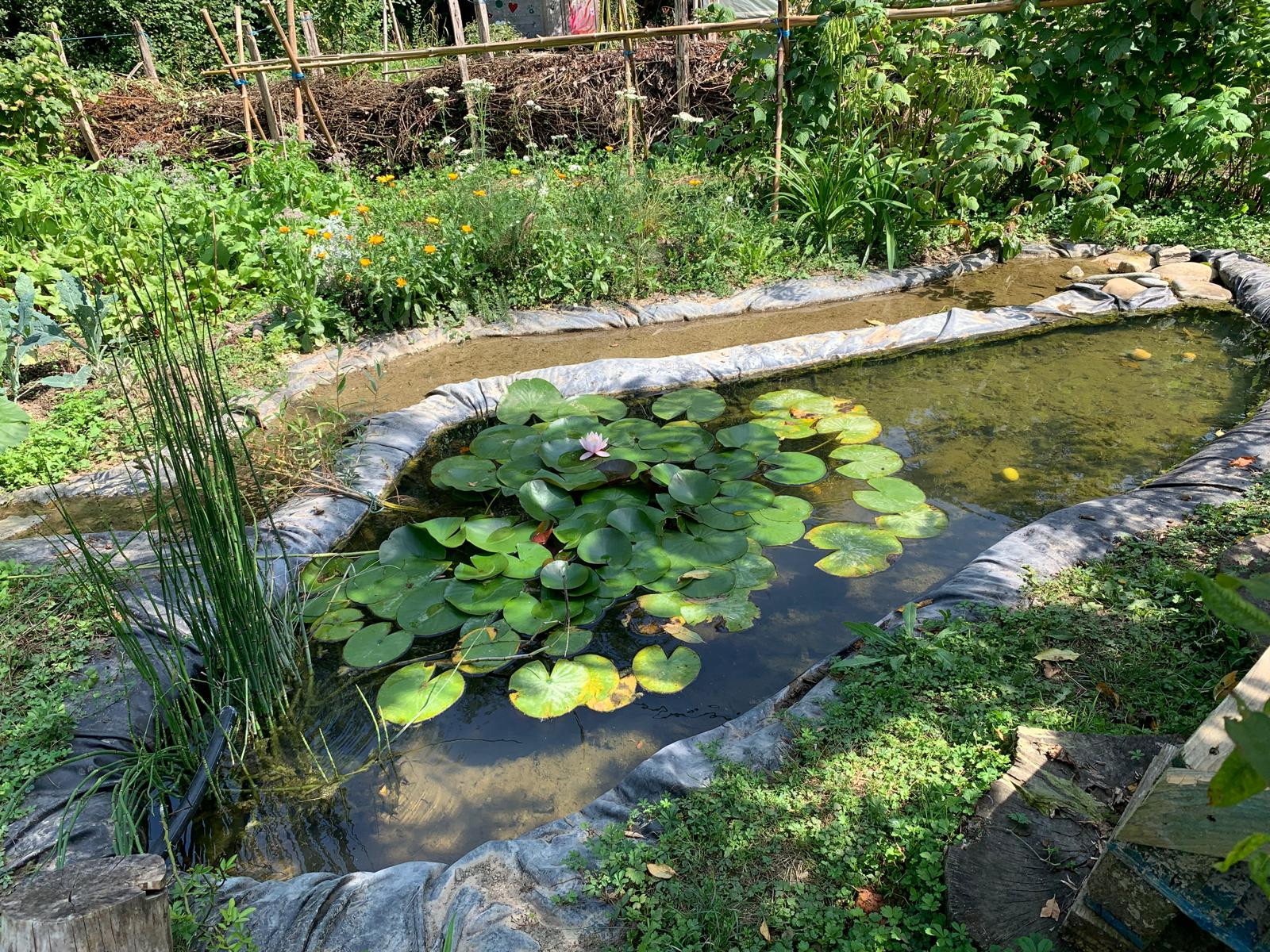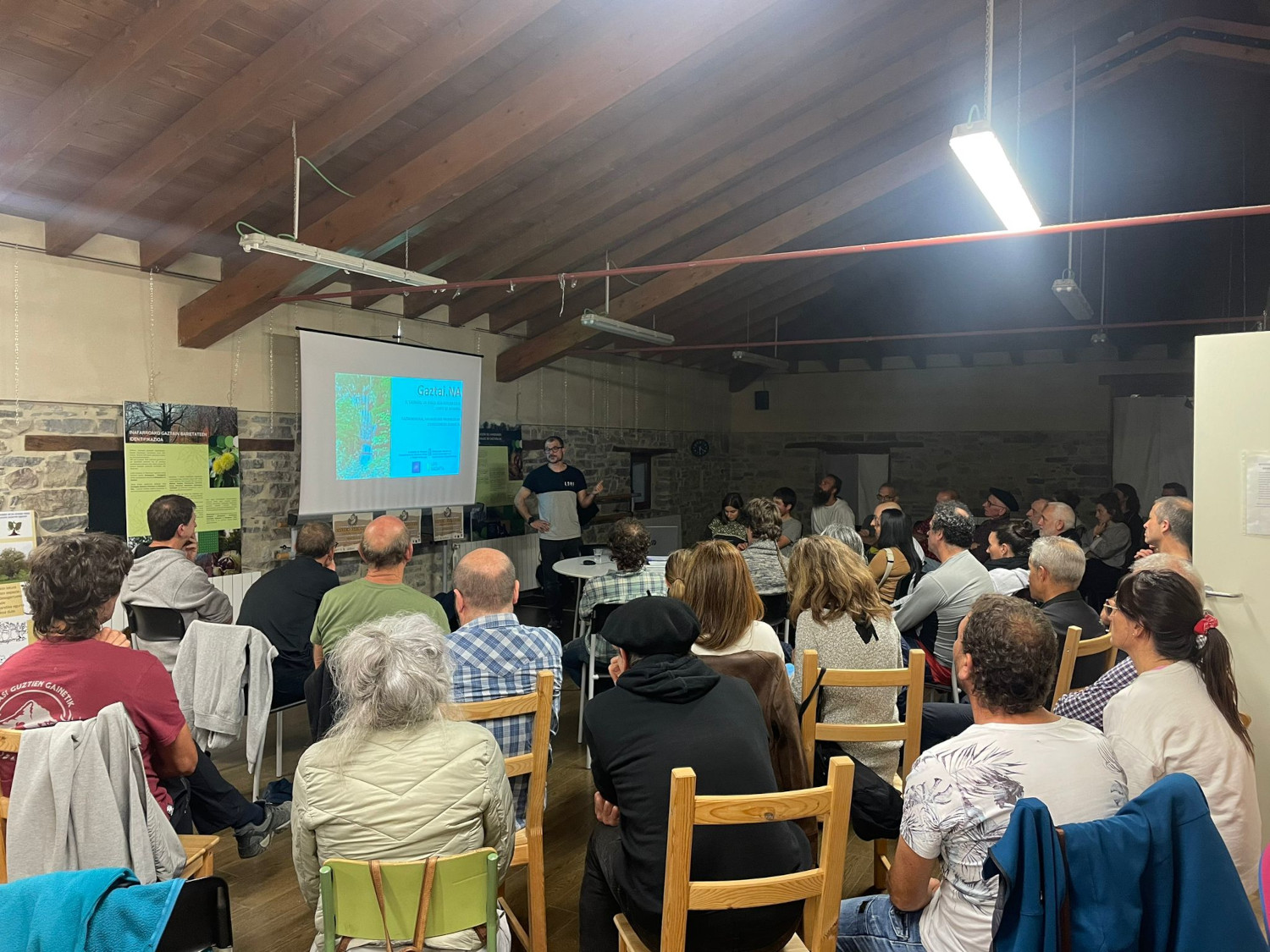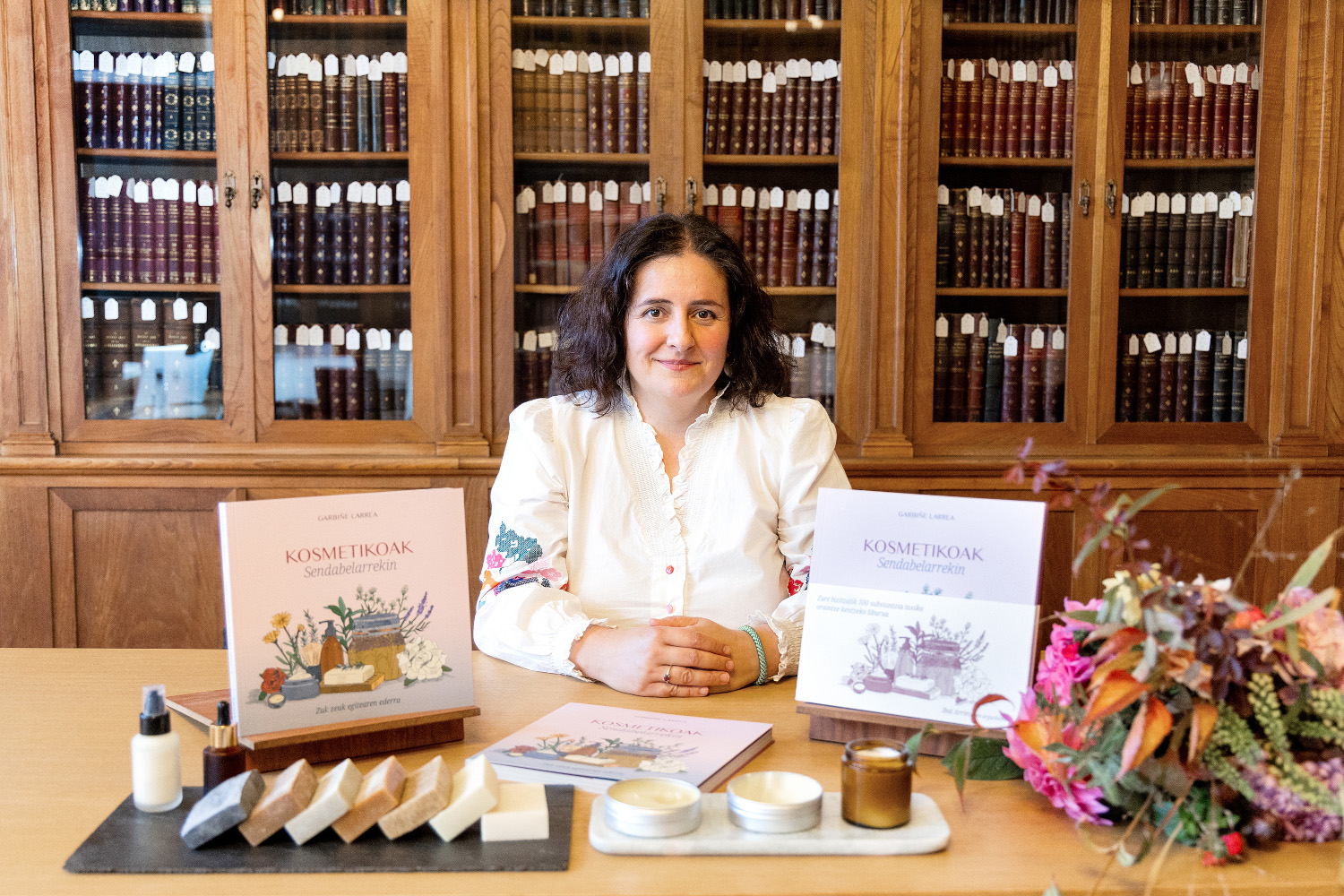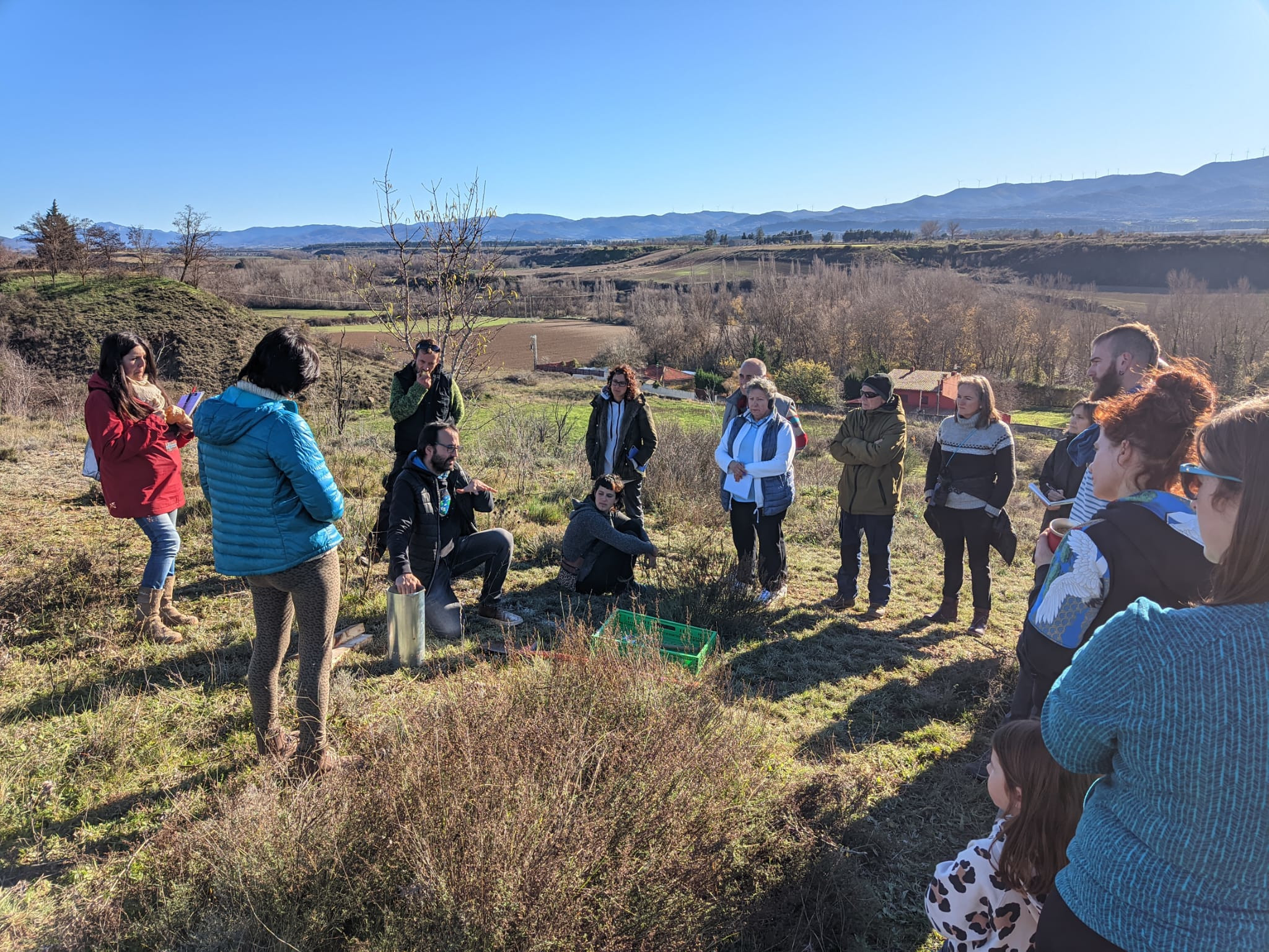Charities are looking for new avenues for energy autonomy

The first proposal was made by several farmers who worked in organic production: What could the baserritars do to deepen their energy autonomy?” These are words of UPV/EHU researcher Mirene Begiristain. The Biolur, Lurgintza and Goiener association have taken the proposal of the baserritarras and have worked on the Energia Sortzen project of five livestock projects from different Gipuzkoan counties. The first objective? Development of a diagnosis based on the performance of five Gipuzkoan villages: ENEEK (Council for Agriculture and Organic Food of the Basque Country) and, through the Council of Gipuzkoa, with the institutional funding of the Landaola Federation, have analysed the steps that can be taken to reduce energy consumption and generate energy with own resources.
Beyond the economic perspective
Besides seeing how to improve its energy consumption with baserritars, the diagnosis also analyzes what they would save by starting their own renewable energy sources, especially solar panels, reinforcing the coherence of the ecological logic of production projects. The proponents of the project are clear that the commitment to energy sovereignty in the dwellings also has an ecological, social and political dimension.
From the economic point of view, the diagnosis has analyzed a “model” of the farmhouse that consumes 10,000 kWh per year: If 4kWp solar panels were installed, 33% of energy consumption would be achieved by self-sufficiency. The installation of plates would involve an investment of between EUR 7,200 and EUR 2,520, which the baserritars would depreciate between sixteen and seventeen years. And what happens, for example, from an ecological point of view? Well, the same household of the model would generate a reduction of 2.2 tonnes of CO2 per year, which would be equivalent to the planting of 242 trees.
Creating new alliances
For Begiristain it has been important that the project has created alliances and synergies between different associations: “There was a connection between some agents, but with Goiener, for example, we have been building a relationship through this project, and with the Basque Energy Agency we have already made a first approach in the elaboration of the diagnosis”.
A number of financial aids are now being studied with the baserritars in order to make the projects that have worked on the diagnosis a reality. It also provides for the possibility of new lines of support for the primary sector, as explained by Interior. “The baserritars have assessed that these investments can have a positive impact on their production and prices, and have shown interest in moving forward.” Ways of implementing paper are being explored.























